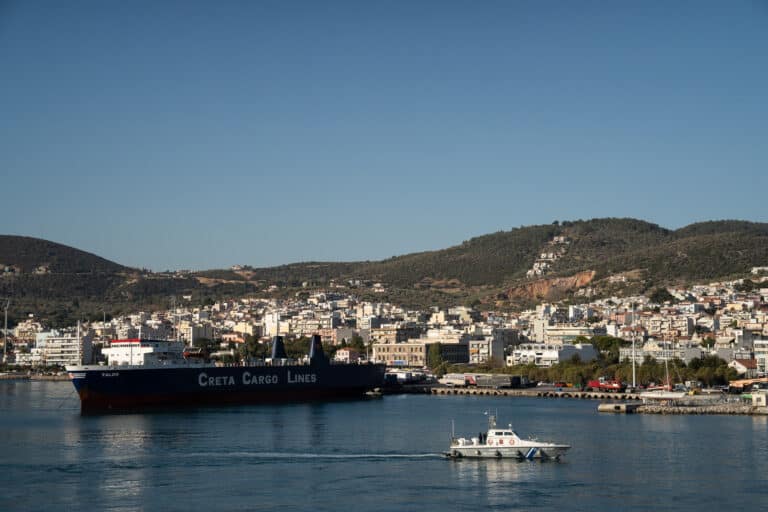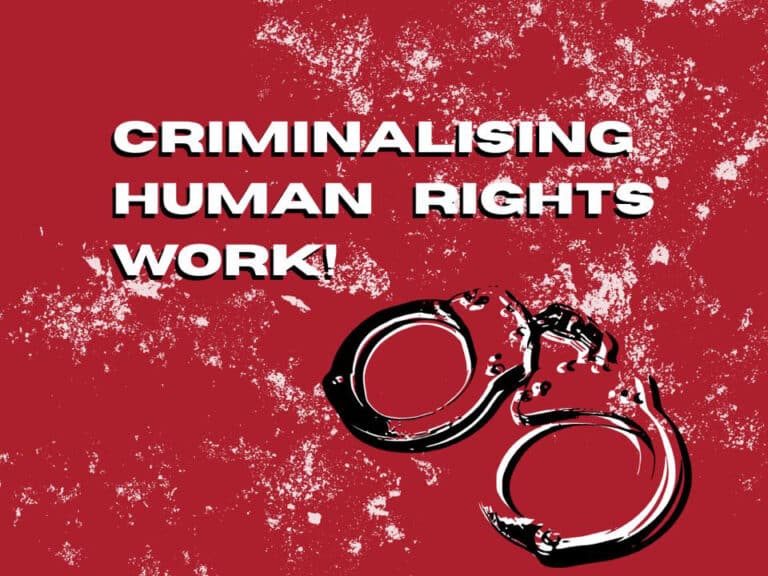CPTnet
10
July 2012
IRAQI KURDISTAN: We will continue
When
Iranian rockets hit a mountain community in Iraqi Kurdistan three years ago,
a teenage shepherd suffered neck and shoulder wounds. Sabir survived, and
Christian Peacemaker Teams wrote about
his experience. The Iraqi Kurdistan team contacted Sabir again in June 2012
to learn of recent attacks, and he invited them to visit.
On their way, the team came to a fork in the road and
asked some men for directions. The men had come to Sidakan District from
Hawler, the capital of Iraqi Kurdistan, to pay the shepherd of their sheep.
While they spoke, the shepherd came down the hill with the men’s sheep. The
shepherd, Othman, was Sabir’s cousin. After receiving his pay, Othman left the
sheep with his son, joined the team in CPT’s vehicle and led them to Sabir.
 |
|
| Sabir |
Driving his pickup, Sabir led the team up to the
chilly, green highlands. He stopped on a wind-swept plateau where his relatives
live in tents, about twelve kilometers from the Iranian border. After a visit
in his tent, Sabir led them to a higher plateau where the rockets hit on 18 July 2009.
Sabir, Othman and others described what happened. Ten
rockets hit the area around 6:00 p.m. Othman showed the team where one hit a home and another hit his
vehicle. Pieces of rocket still littered the ground. Sabir showed the team the crater
left by the one that injured him.
Sabir lost consciousness when the shrapnel hit his
neck and shoulder. Friends drove him into town to the public hospital, but the
doctors could not perform surgery there. Unable to afford the private hospital,
Sabir’s family had no choice but to drive him to Hawler. They arrived at 4:00 a.m. Surgery started late that evening. Family members
thought he was dead. Sabir says it is a miracle he survived.
Rockets also killed 20 of the family’s sheep and 27 of
their cows and damaged Sabir’s vehicle. Neither the Iraqi regional nor the national
government has paid compensation for the injuries or losses. In 2011 Iran fired hundreds of rockets into the area, killing one
person and killing or scaring off an estimated 12,000 sheep. No government
group or NGO has visited them regarding the cross-border attacks since 2009.
Sabir and his relatives provided gracious hospitality,
killing a goat for a feast the next day. That morning the team heard a rocket
flying overhead. Sabir said they hear Turkish drones flying over every day. Iran and Turkey claim the attacks target PJAK and PKK Kurdish
resistance groups. The US shares intelligence about these groups with Turkey, and Turkey shares information with Iran.
“We will continue,” said one man of Sabir’s community.
“Every year we sacrifice, but we will continue. This won’t break us. Several
thousand years this has been our ancestors’ land. This is our life. We will
never let anyone take our lives… They know there is no PJAK or PKK here. The
PJAK and PKK are in Qandil. Last year a woman was killed – she had five
children. They, on purpose, want to destroy our life. We will continue coming
here.”
CPT
Iraqi Kurdistan’s latest video Disrupted lives
Recent report
on the effects of cross-border attacks (also available in Sorani
Kurdi)



